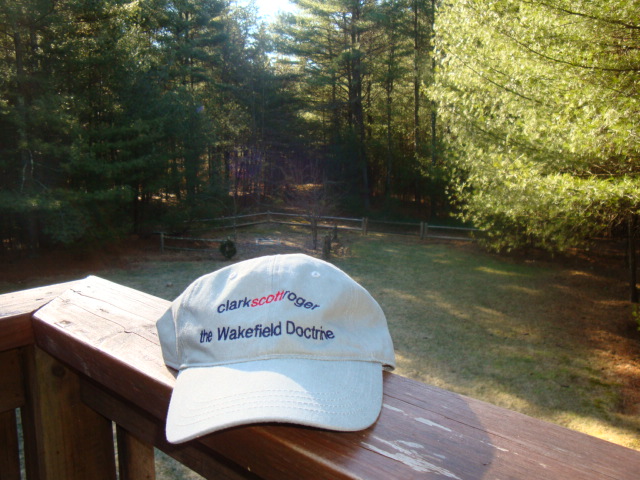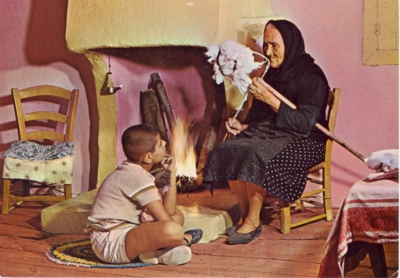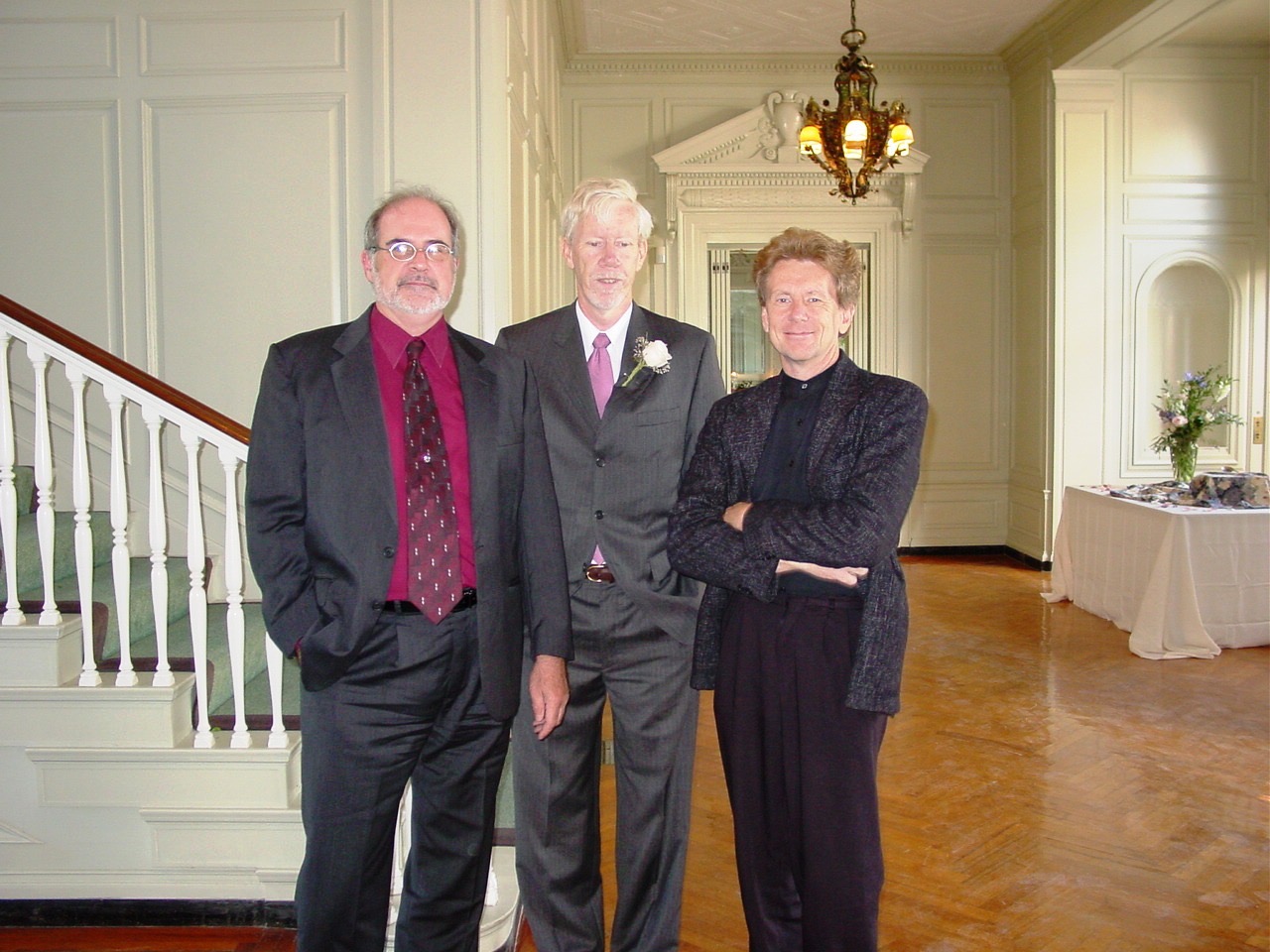Welcome to the Wakefield Doctrine (the theory of clarks, scotts and rogers)
Sure! One of our favorite ‘bands’ is Pompaloose they do this mash-up thing so damn well.
Almost any Reader would not be remiss for suggesting the idea of a post mashup. In theory, all posts should have a level of internal congruency despite the passage of time. Other than, of course, the level of skill/sophistication of writing. Plus a few developments in understanding our little personality theory: the Everything Rule, Referential Authority and the general shift from relying entirely on defining the predominant worldviews as personal reality; rather, to simply describing them as the characteristic way ‘we relate ourselves to the world around us and the people who make it up‘.*
(As early/old a post as possible)
who are these people?
August 20, 2009With a basic understanding of the characteristics of each group (clarks, scotts and rogers), anyonecan understand everyone else! You will know how those around you will act in virtually any situation. Finally you can understand what has never made sense to you about the people you work with, live with and/or are friends with. The answer to the question, ‘Why on earth would you do that/say that/feel that way?’The three ways of perceiving the world are referred to as: clarks, scotts and rogers. We all begin life with the potential of all three types. At some point we become predominantly one.
The Wakefield Doctrine is based on the premise that behavior is a response to perception (of the world). That we choose how to perceive the world means that we acquire a characteristic way of seeing the world and that leads to characteristic behavior.
We become clarks, scotts or rogers.
If you are a first time visitor, above is an outline of the ‘purpose’ of this site. (Despite the title, please avoid the ‘FAQ’ page and the ‘So, Which Am I?’ page, until you get a sense of what this Wakefield Doctrine nonsense is all about.)
(quick intro…)
A clark is the person you have to make an effort to notice. In high school the clark is not clearly of one group or another. Not popular, not a jock, not a geek, not a hippie not one of those who seem to always be standing next to their cars in the student parking lot. In a workplace environment same thing happens, the clark is seen in any setting but is not a part of any of the normally identifiable groups. The thing about clarks is that they will be seen at one time or another in all of these groups! Not as a member, but apparently a part of whatever the particular situation is; clarks will be found in association with the ‘leader/alpha’ of whatever clique or social group. But only in a ‘situational’ sense, definitely not a member of that group.
A scott is the person you can’t not notice. In high school the scott is the class clown or leading hoodlum or the captain of the sports team or the head cheerleader. The scott is popular, the entertainer, the joke teller. In a workplace environment they are also the leaders, but limited by the extent of organizational complexity, white collar or blue collar the scott will lead as a pack leader. Scotts are not good managers, they require a great deal of freedom and latitude. A scott might be a ceo or an owner, but only if it is ‘all his’. Truly an example of a ‘cult of personality’.
A roger is/are the masses. The people who make up the circle around a high school fight, the people who know what you did last weekend and tell the other people at the office. In a workplace environment rogers are the middle managers or that person in charge of supplies that has always been there and insists that they follow the rules (always refers to it as ‘I call this the bible’ lowercase). Rogers are the members of the cheer leader’s squad, the football team. Rogers are the crowd, the mob, the congregation, anywhere there are people with a common interest, most of the members will be rogers. They form the social fabric in every society.
So, hopefully your curiosity is piqued. Look around the site, look around where ever you are and you will them.
P.S. Given that this is a new site, there is a better than even chance that you are a clark. (and, yes, I know you have a system like this with different words etc).
Hey! Tough month for content, that August. Went through ’em all, couldn’t find a post what sounded congruent to the above (post).
On a personal note** Looks like the rate of posting is currently on par with the early years. hunh.
Lets close-out with some sort of point/lesson/morel1
OK
what? damn! you’re correct, the next topic should be a contrast, ‘as in the intro to olden essay question: ‘Compare and Contrast’
will get right on it! See ya tomorrow. (which provides the music vid.)
* if this reprint doesn’t pan out, this would make a legit topic for today’s post, i.e. ‘Which is more useful: Personal Reality or Relationship?’
** yeah, right!***
*** well, as we type it, we suspect that this particular self-dep joke has less force than one might assume (assuming one’s current self-image is accurate and not chaotically-anachronistic along predominant worldview patterns)
- ha ha








